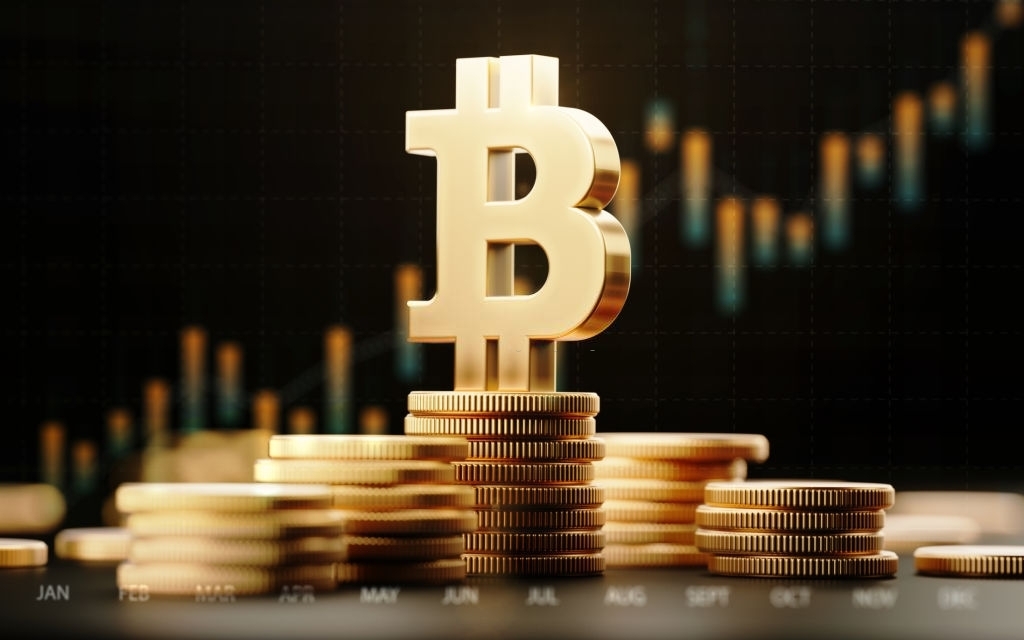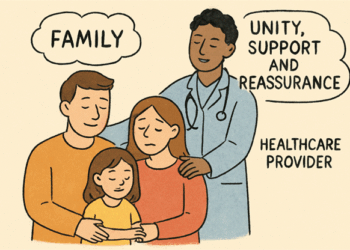Cryptocurrency enjoys popularity worldwide, as the digital assets appeal to many looking to trade, invest, and move funds without much government oversight. The popularity isn’t evenly split, as polls might show more interest in some regions and less than others. Recent news reports on bolcrypto.com show Morocco stands as a nation where Bitcoin enjoys significant levels of popularity. The popularity flies in the face of a definitive stumbling block: Morocco banned cryptocurrency.
Morocco’s Sentiment About Cryptocurrency
In 2017, Morocco’s government took drastic action to address its concerns about cryptocurrency. The nation’s Foreign Exchange Office established rules delineating digital/virtual currency transactions as “infringements” on regulations associated with foreign exchange regulations. Anyone involved with cryptocurrency purchases and trading faced risks of fines and more.
Ironically, Morocco moved forward with plans to study the potential upsides of a state-issued and sponsored digital currency. It seems the public is not entirely interested in waiting for a national digital currency, as Bitcoin’s popularity has increased dramatically since the government’s decision to discourage crypto enthusiasm.
Bitcoin Gains Popularity in Morocco
The internet remains a wide-open venue for people interested in engaging in a vast array of activities. Once most famous for downloading music, peer-to-peer platforms provide ways to procure cryptocurrency. Moroccan traders of crypto directed much enthusiasm towards the platform LocalBitcoins. Activity on the platform reveals how popular bitcoin and cryptocurrency are inside Morocco.
News reports noted the massive spike in popularity among Bitcoin, with February 2021 hitting new trading highs. Specifically, the month saw $900,000 in Bitcoin trades occur, hardly a small number for the month with the fewest days of the year.
The $900,000 figure for early 2021 should not come as a surprise considering the movement in the months and years preceding the activity. User registrations spiked significantly between 2019 and 2020. The arrival of 700 new accounts suggested increased trading would indeed take place.
Banking vs. Crypto Accounts
Some may assume Bitcoin’s popularity might not be as strong as it once was since the digital currency saw a price decline in 2021 that continued into 2022. Traders don’t purchase cryptocurrency to lose money, but there might be a mitigating factor that further drives interest in procuring crypto and using peer-to-peer trading networks: lack of access to the traditional banking system.
A 2019 study reveals that only 29% of Moroccan citizens have access to bank accounts, a percentage lower than populations in neighboring countries. If someone cannot place funds into a checking, savings, or money market account, the person could look for the next best thing. For many, cryptocurrency wallets seem workable. Of course, crypto is far more volatile than a national-backed currency. Still, the potential for crypto increasing in value would be far higher than the minute annual interest rates offered by checking accounts.
Persons willing to accept volatility risk may find Bitcoin wallets worth exploring, especially when they cannot open a bank account without problems.
2021’s and, so far, 2022’s volatile Bitcoin market may impact the way people approach crypto trading. How traders in Morocco react to the volatility will be revealed in time.







